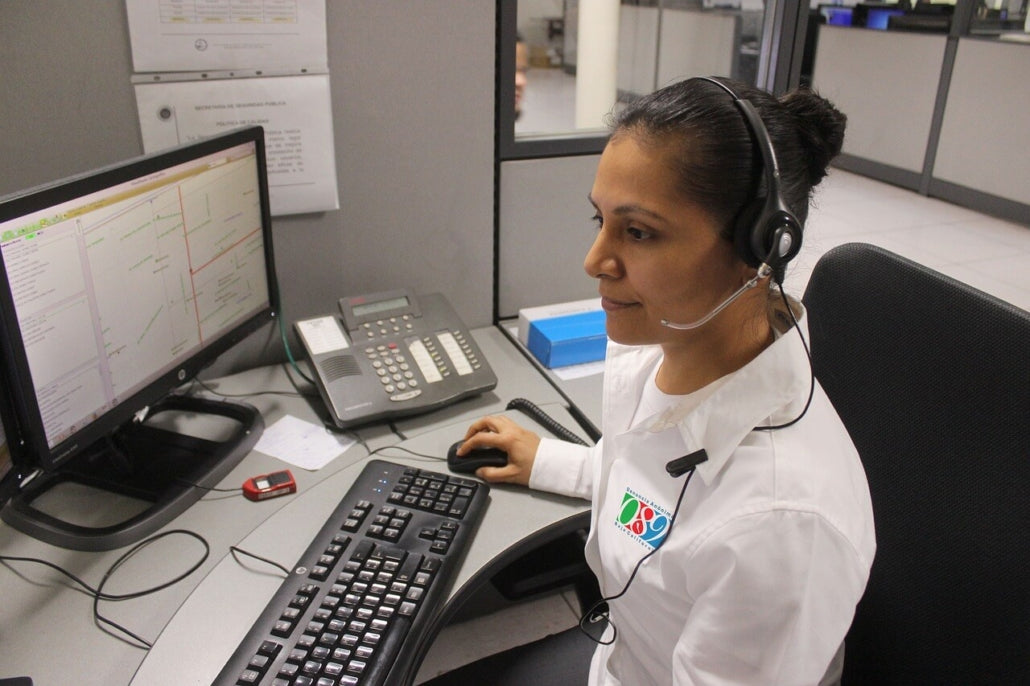Enhancing Healthcare Efficiency and Well-being
Recognizing the importance of optimizing the work environment, hospitals are increasingly turning to ergonomic standing desks to revolutionize the way healthcare professionals work In the fast-paced and demanding environment of hospitals, healthcare professionals work tirelessly to provide the best care for their patients. However, the long hours spent on their feet or hunched over desks can take a toll on their well-being and productivity. Below are just some of the reasons why hospitals need ergonomic standing desks and how they can benefit both the healthcare workforce and patient outcomes.
Promoting Health and Reducing Physical Strain
Healthcare professionals, including doctors, nurses, and administrative staff, often experience musculoskeletal issues due to prolonged standing or sitting in uncomfortable positions. Ergonomic standing desks offer the flexibility to switch between sitting and standing positions, promoting better posture and reducing the risk of chronic pain, including back and neck discomfort. By encouraging movement and relieving physical strain, these desks can enhance the overall health and well-being of healthcare professionals.
Increasing Productivity and Focus
Hospital settings are dynamic and demanding, requiring healthcare professionals to handle multiple tasks simultaneously. Ergonomic standing desks provide a conducive environment for improved focus, concentration, and productivity. The ability to adjust the desk height and position according to individual preferences allows healthcare professionals to find their optimal working posture, thereby enhancing their ability to stay engaged and efficient throughout their shifts.
Supporting Collaborative and Interactive Work
 Effective collaboration and communication among healthcare teams are crucial for delivering high-quality patient care. Ergonomic standing desks can be designed to accommodate multiple workstations in close proximity, creating a collaborative environment where teams can easily interact and exchange information. This setup promotes seamless communication, enhances teamwork, and fosters a culture of collaboration, leading to improved patient outcomes.
Effective collaboration and communication among healthcare teams are crucial for delivering high-quality patient care. Ergonomic standing desks can be designed to accommodate multiple workstations in close proximity, creating a collaborative environment where teams can easily interact and exchange information. This setup promotes seamless communication, enhances teamwork, and fosters a culture of collaboration, leading to improved patient outcomes.
Integrating Technology and Patient Care
With the increasing reliance on electronic health records and digital healthcare systems, ergonomic standing desks play a vital role in integrating technology into patient care. These desks can be equipped with adjustable monitor arms, cable management systems, and other technological enhancements to support the seamless use of computers, tablets, and medical equipment. By providing an ergonomic workspace that facilitates efficient access to digital resources, healthcare professionals can deliver timely and accurate patient care.
Customization for Varied Hospital Settings
Hospitals have diverse departments and specialized areas, each with unique requirements. Ergonomic standing desks offer customization options to meet the specific needs of different hospital settings. From administrative offices and nurse stations to operating rooms and clinical laboratories, these desks can be tailored to accommodate the equipment, space constraints, and workflow demands of each department, ensuring maximum efficiency and functionality.
meet the specific needs of different hospital settings. From administrative offices and nurse stations to operating rooms and clinical laboratories, these desks can be tailored to accommodate the equipment, space constraints, and workflow demands of each department, ensuring maximum efficiency and functionality.

